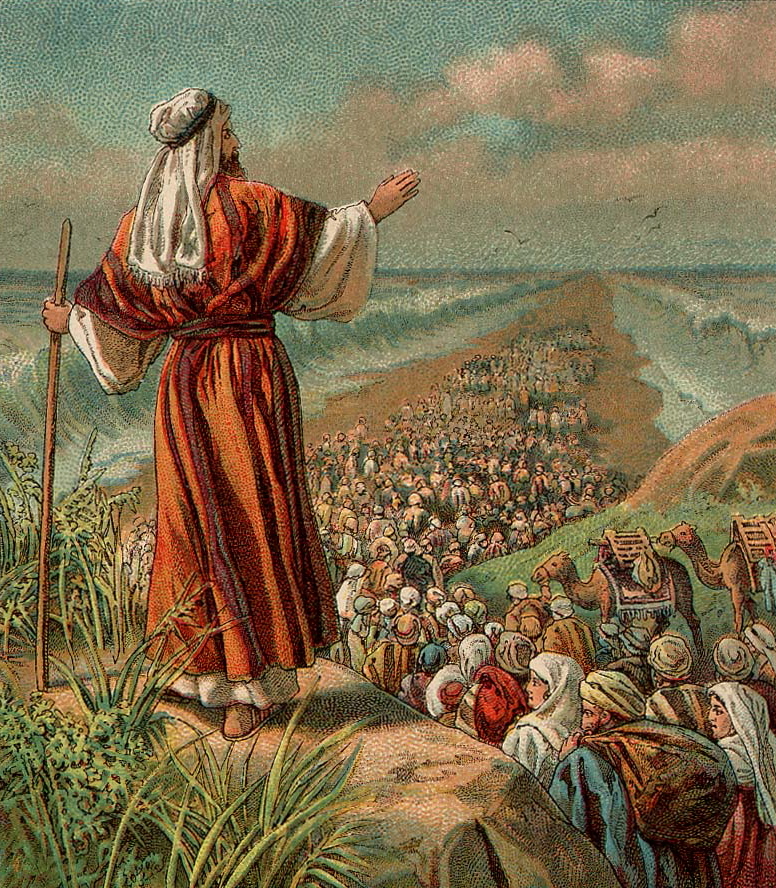http://www.youtube.com/watch?v=dYPRudsBzBY
Following the mindless slaughter of the First World War, the failure of the League of Nations, the horrors of the Holocaust, and the unendurable losses of World War II, nations came together as the United Nations.
In the Preamble to the United Nations Charter, we find the words:
‘We, the peoples of the United Nations determined to save succeeding generations from the scourge of war, … to reaffirm faith in fundamental human rights, in the dignity and worth of the human person, … and for these ends to practice tolerance and live together in peace with one another as good neighbours…”
The theme of tolerance appears frequently in U.N. documents. At the urging of UNESCO, 1995 was declared the United Nations Year for Tolerance. The year-long campaign for tolerance and non-violence was followed by the selection of November 16 to be the annual International Day for Tolerance.
Tolerance means respect for differences, appreciation of diversity. It means liberating oneself from the chains of prejudice, the burden of discrimination, and achieving freedom from hatred of others who happen to differ in skin color, religion, language, sexual orientation, and other human characteristics.
For peace and social justice to be achieved, tolerance for diversity must go hand-in-glove with intolerance for many barbaric practices that continue to create suffering and anger in today’s world, including:
- Rape
- Female genital mutilation
- Torture
- Violence against women
- Violence against children
- Violence against men
- Murder, including capital punishment and war-time killing
Tomorrow is the day to show tolerance for other human beings and intolerance for inhumane practices.
Kathie Malley-Morrison, Professor of Psychology



